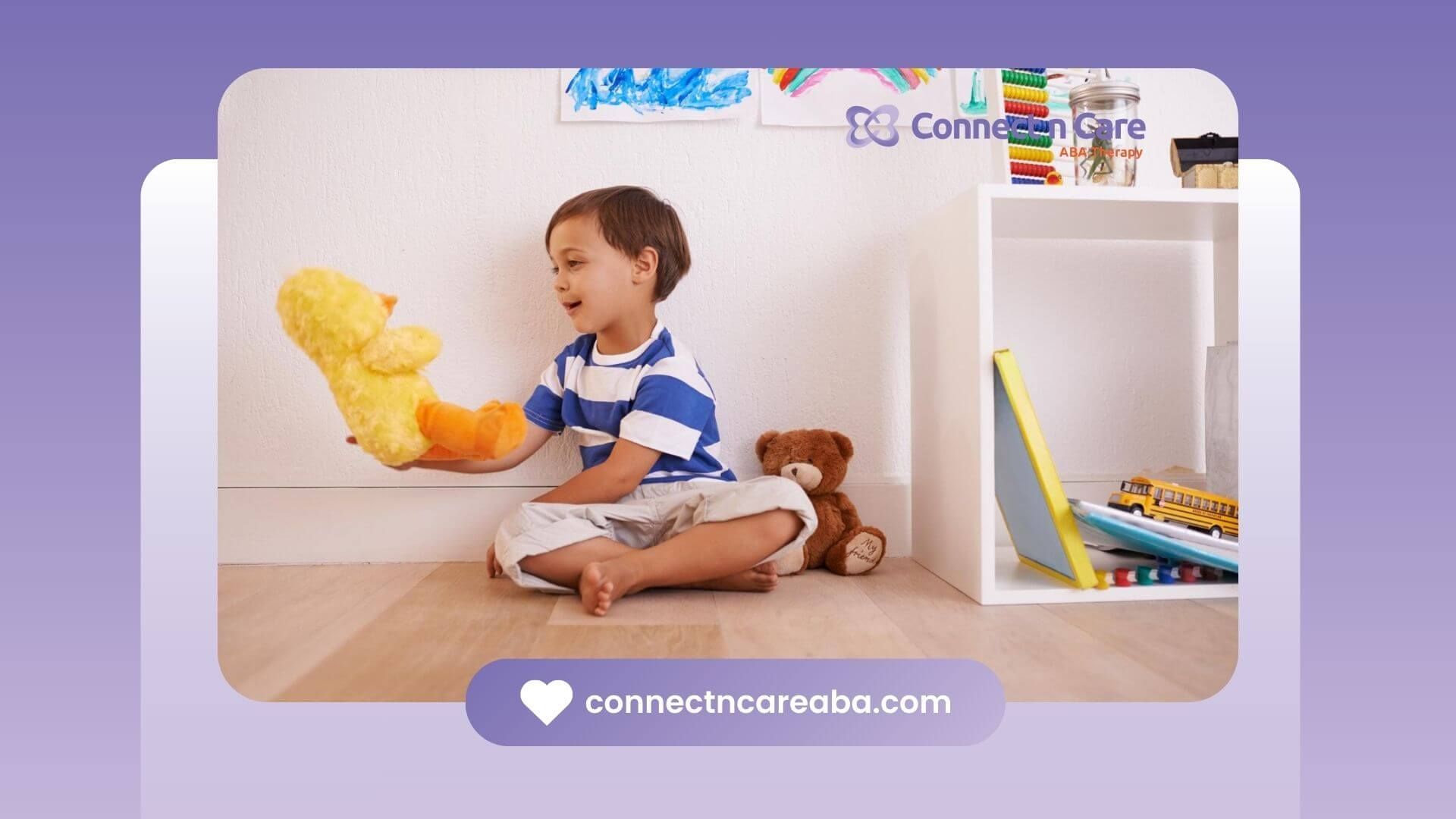Obsessive-Compulsive Disorder (OCD) is not a form of autism. However, the two conditions can sometimes look similar, and they may even occur together. Understanding their differences can help families get the right support.
Similarities and Key Differences
OCD and autism can both involve repetitive behaviors, routines, and intense focus on certain topics. According to the International OCD Foundation, up to 17% of people with autism also have OCD. This overlap can make diagnosis tricky.
The main difference lies in the “why.” For someone with OCD, repetitive actions are usually driven by anxiety or distressing thoughts. For someone with autism, routines and repetitive behaviors are often comforting, predictable, and part of how they experience the world.
Why People Mix Up OCD and Autism
- Shared behaviors: Hand-flapping, repeated checking, lining up objects.
- Sensory sensitivities: Both groups may react strongly to sounds, textures, or lights.
- Need for routine: Changes in schedule can be difficult for both.
The Importance of the Right Diagnosis
Dr. Susan Swedo of the National Institute of Mental Health notes, “Treatment must match the cause. An anxiety-driven ritual is treated differently from an autistic routine.” Early and accurate diagnosis means more effective strategies, whether it’s therapy, skill-building, or anxiety support.
Connect n Care ABA provides personalized in-home ABA therapy for convenience and comfort. We also offer school-based ABA services to support children where they learn. For families seeking structured environments, our clinic-based ABA programs provide targeted skill development.
Get started today—your child’s progress begins with the right support.
FAQs
1. Can a person have both autism and OCD?
Yes, and this is called “co-occurrence.” It requires a tailored approach to treatment.
2. Is OCD considered a learning disability?
No, OCD is an anxiety disorder, not a learning disability.
3. Does ABA therapy help with OCD?
ABA is designed for autism, but certain behavioral techniques can support OCD-related challenges.









